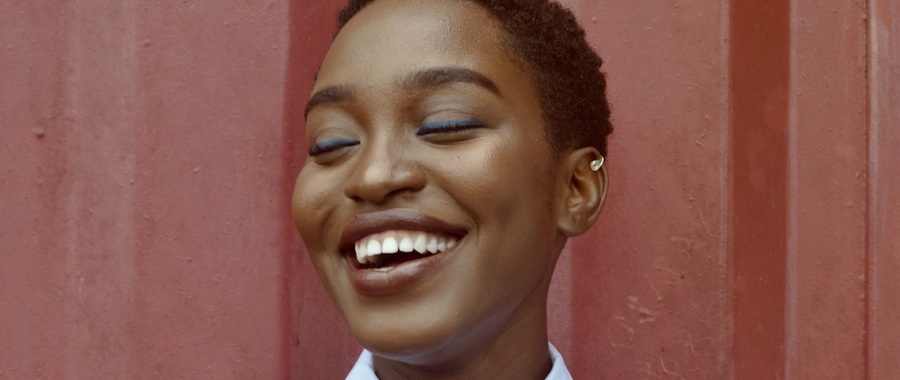The views expressed in our content reflect individual perspectives and do not represent the authoritative views of the Baha'i Faith.
What things do you unknowingly believe? For example, what do you think knowledge should be used for? Why do we seek to learn?
Whether aware of it or not, we all operate with a basic set of convictions about the purpose of friendship, work, and our lives in general. To lead a more purposeful life, we need to become more cognizant of the way these inner beliefs guide our behavior. One of the most important of these leading beliefs involves the role knowledge plays in our lives.
Many academics might say that we acquire knowledge to create theories, write more sophisticated literature, or research more profoundly. But the Baha’i writings say that, when applied in any field, knowledge should not end with words, or be reserved only for the privileged. Instead, knowledge should inspire action:
Knowledge is as wings to man’s life, and a ladder for his ascent. Its acquisition is incumbent upon everyone. The knowledge of such sciences, however, should be acquired as can profit the peoples of the earth, and not those which begin with words and end with words. – Baha’u’llah, Tablets of Baha’u’llah, p. 51.
How can we know what will “profit the people of the earth”? This requires the ability to identify what we as people truly need – not only our material needs, but our spiritual needs as well. The Baha’i writings say:
… the spirit of man is essential and therefore eternal. It is a divine bounty. It is the effulgence of the Sun of Reality and therefore of greater importance than the physical body. – Abdu’l-Baha, The Promulgation of Universal Peace, p. 60.
Baha’is believe that we all need to nurture our spiritual selves just as much as our physical and social selves. As we find ways to better our ability to be generous, just, honest, kind, and loving to one another, we brighten our spirits. As we grow spiritually, we learn to better trust and listen to people of different backgrounds. We also get better at searching for collective truth together, and find more effective solutions to social issues. Through this kind of growth, we gain knowledge that leads to action.
The Baha’i writings compare nurturing our spiritual selves to a mine or a garden:
A divine Mine only can yield the gems of divine knowledge, and the fragrance of the mystic Flower can be inhaled only in the ideal Garden, and the lilies of ancient wisdom can blossom nowhere except in the city of a stainless heart. – Baha’u’llah, The Book of Certitude, p. 191.
Preparing our hearts requires effort. Even though many people view the heart and mind as separate, the Baha’i writings suggest that to tap into our minds’ highest potential, we have to clean our hearts from selfishness, greed, materialism, and bias in all forms:
Sterile soil will produce nothing, even if the cloud of mercy pours rain upon it a thousand years. We must make the soil of our hearts receptive and fertile by tilling in order that the rain of divine mercy may refresh them and bring forth roses and hyacinths of heavenly planting. We must have perceiving eyes in order to see the light of the sun. We must cleanse the nostril in order to scent the fragrances of the divine rose garden. We must render the ears attentive in order to hear the summons of the supreme Kingdom. No matter how beautiful the melody, the ear that is deaf cannot hear it, cannot receive the call of the Supreme Concourse. The nostril that is clogged with dust cannot inhale the fragrant odors of the blossoms. Therefore, we must ever strive for capacity and seek readiness. As long as we lack susceptibility, the beauties and bounties of God cannot penetrate. – Abdu’l-Baha, The Promulgation of Universal Peace, pp. 148-149.
In addition to recognizing the internal improvements we can make, when we open our hearts to knowledge that gives us hope, we find new ways to improve the world around us.
















Comments
Sign in or create an account
Continue with Googleor